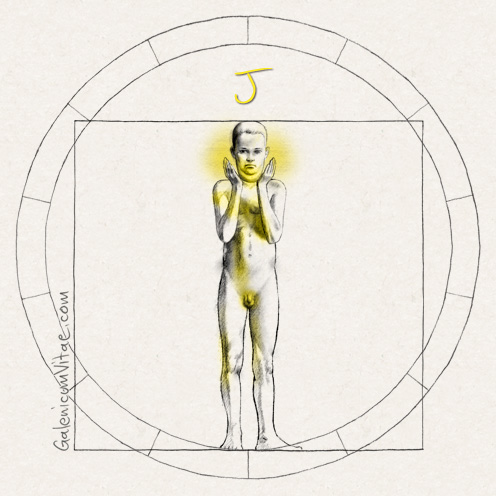Mumps is an acute, contagious viral disease characterised by the swelling of one or more salivary glands, usually the parotids.
Risk factors. It is most common in children ages two to twelve years who have not been vaccinated against the disease; complications are more common in adults. Those who have not had the disease or have not been vaccinated are likely to suffer.
Prevention. Mumps is transmitted from person to person through droplets in the breath (for example, when you sneeze) or by direct contact with objects that have been contaminated with infected saliva.
Patients usually recover, even if other organs are involved, and acquire lifelong immunity against the disease.
The disease is usually benign and self-limiting, but sometimes complications can occur: the most common in boys after puberty, is the inflammation of the testicles (orchitis) and girls inflammation of the ovary (oophoritis). In a small percentage of cases, the mumps virus can infect:
- The central nervous system.
- The pancreas.
- The testes.
There is no specific treatment for mumps, but you can relieve discomfort with:
- Applying hot or cold compresses to the neck.
- The additional intake of liquids and soft foods.
- Gargling with warm salt water.
- Taking paracetamol.
Keep in mind that you should not give acetylsalicylic acid to children with a viral illness.
Mumps is caused by the mumps virus. The disease begins with the following:
- Fever.
- Headache.
- Muscle aches.
- Fatigue.
- Loss of appetite.
After the appearance of these symptoms, salivary glands under the ears or jaw swell. This swelling can be on one or both sides of the face. Symptoms last from 7 to 10 days. Serious complications are very rare.
You can catch mumps by being in contact with someone who has the disease. There is no treatment for mumps, but the vaccine against mumps, measles and rubella (MMR) can prevent it.
Before vaccination programs, mumps was a common illness among infants, babies and young people. Today, this disease is very rare.
Prevention
- Always follow the vaccination schedule.
- Globulin injections if a family member has had the disease (although this is not always effective).
Although rare, mumps can cause sterility in men if both testicles have been seriously affected.
For more information visit:
Mumps and the Vaccine (Shot) to Prevent It
http://www.cdc.gov/vaccines/vpd-vac/mumps/fs-parents.html
Mumps
http://www.vaccines.gov/diseases/mumps/

 Digestive
Digestive  Blood
Blood Cardiovascular
Cardiovascular Dermatology
Dermatology Genitourinary,
Genitourinary, Hormones
Hormones Infections
Infections Oncology and
Oncology and Musculo-skeletal
Musculo-skeletal Mental health and
Mental health and Parasites
Parasites Respiratory
Respiratory Senses
Senses Various
Various




